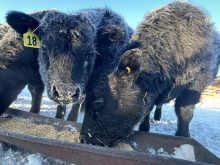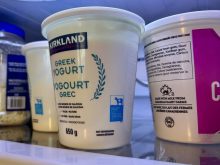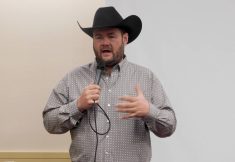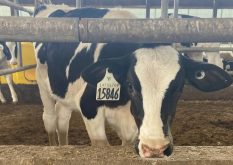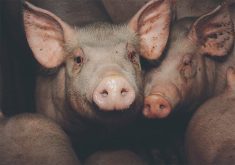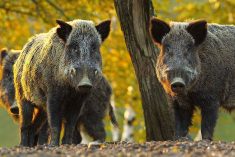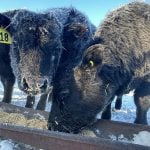Doug Sawyer is stepping down after two years as chair of Alberta Beef Producers. Editor Will Verboven recently sat down with him in his Calgary office
Was the chairman’s job what you expected as to the responsibilities and time commitment?
Yes it has. I was on the board for several years so I had a pretty good idea what the job was all about and what the issues of the day were. I knew the time commitment was considerable, but that can still be a surprise when you include all the travel involved.
What has been the single biggest issue that the ABP has had to deal with over the past two years?
Read Also
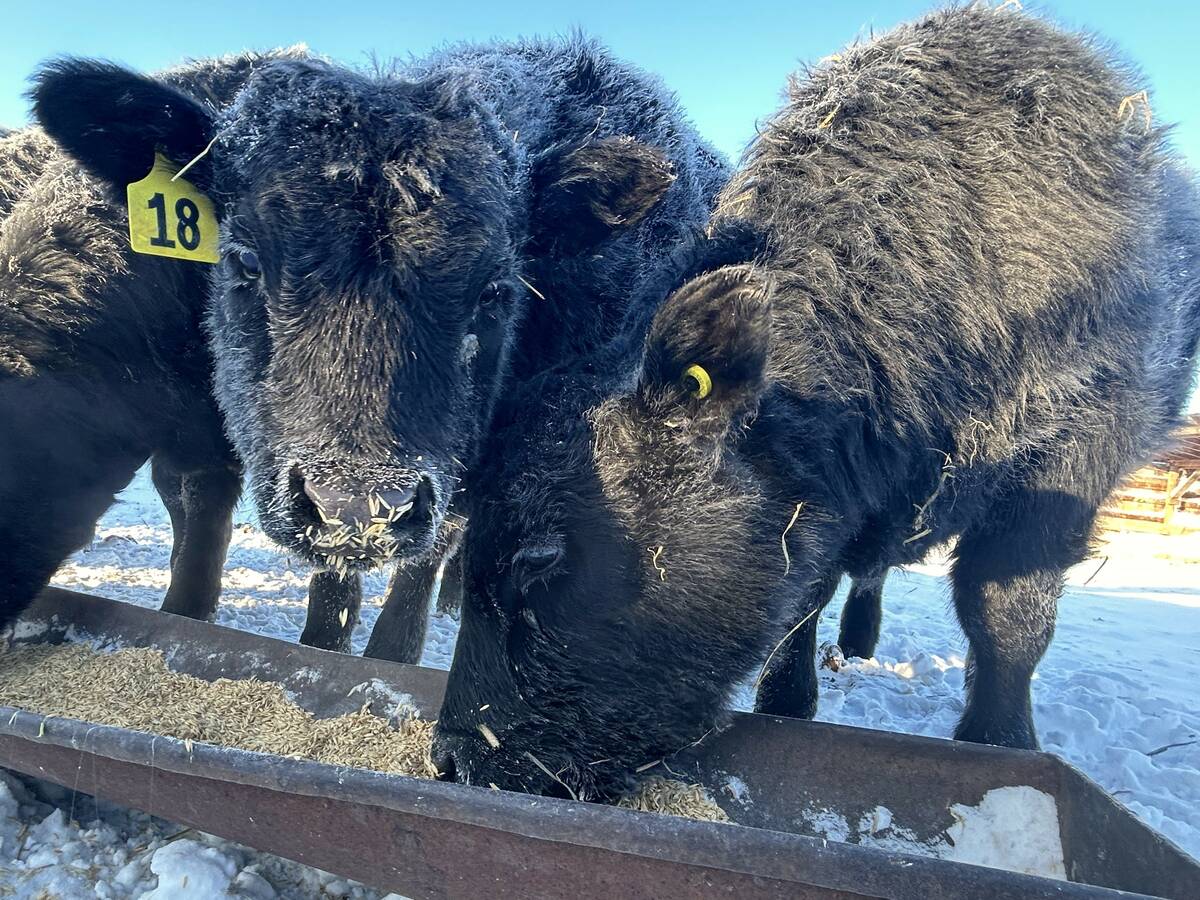
CCIA prepares to make traceability transition
The Canadian Cattle Identification Agency may not be proposing regulatory changes for traceability, but it’s the one delivering the program.
The most important was the XL Foods E. coli meat recall. That caused a disaster for cattle marketing at every level and we saw prices drop. It was also one of the more frustrating issues with the media. We spent a lot of time explaining our position and the impact on the industry but in the end we received very little coverage particularly from city media. The other issue was something of a carry-over and it was the agreement on the mandatory national cattle checkoff. It took up a lot a time and it went down to the wire. That checkoff remains very important from a national perspective as it funds many of our national research and promotion programs. It’s also important so we can levy imports. But the issue does take a lot of our time that could be used better on other matters.
How critical has the refundable checkoff issue become to ABP activities?
It is at a point now that it is seriously beginning to affect our investment into research, local promotion and a number of issues that directly affect producers. It looks like we are going to see a refund level of up to 30 per cent. If that rate continues to rise it is going to affect our contribution to the Canadian Cattlemen’s Association, that support is not covered by the mandatory national checkoff. Our reduced income affects our ability to significantly match government grants in research — that is going to hurt the industry in the long run.
How has the ABP relationship fared with the Alberta Cattle Feeders Association (ACFA) over the past two years?
I feel it has been a good relationship, we came to an understanding with them over the non-refundable national checkoff so that was positive. We have regular meetings with their executive to discuss issues of concern and how we can work together. In the end we can’t agree on everything, they have their views and we have ours, particularly since we have to look at issues from the entire industry.
How well do you feel the ABP Feeder Council is working considering the presence of the ACFA as the voice of that sector?
I am happy with the way the feeder council has worked on behalf of that sector. They are able to take feeder industry issues directly to our board on an ongoing basis, particularly as they relate to the entire cattle industry. They are also able to look at any research issues that are important to them and make recommendations to the board. We have helped fund some pretty significant research critical to feeders such as support for better forage and silage barley varieties.
ABP is expanding its “Alberta Beef” label promotion into B.C. Will that be in competition or displace any “Canadian Beef” label promotion from Canada Beef Inc.?
I see both labels being used, and no I don’t see it as competition for the Canadian Beef label. Alberta Beef is an iconic label that remains useful in promoting beef and if it can be used outside of Alberta then that’s good for selling our beef. As to it being used in other parts of the country I guess we will have to look at the value.
How has your relationship with the provincial government been over the past two years?
I feel it’s been good, we meet regularly with them and keep them aware of our position. The government played an understanding and helpful role in the national non-refundable checkoff discussions. We understand that maintaining a close and ongoing relationship with the government is critical and it’s an important part of what we do for producers. We also try to maintain a friendly relationship with the other political parties.
Is a return to a a full non-refundable checkoff still being discussed?
Yes it is, the ABP passed a resolution on that issue so we try to work on it. It comes up in our discussions with the government. With such a large refund demand it has become much more important as to what the industry can do with research and development support. The government is aware of the refund situation and its negative impact and we are hoping to see it further discussed.
Does ABP have a position on the recently released South Saskatchewan Regional Plan?
We feel the draft document has addressed many of the concerns we had with the process and specific issues like grazing leases. This plan affects a very large part of our industry so it’s important that it protects our concerns. Public meetings on the draft will be held and I expect producers will be making their views known directly. We will look forward to the final document.
What’s next for Doug Sawyer? Are you going to continue your representation with other organizations?
I am interested in continuing with other organizations. I will be serving on the executive as past president, and will see where else I can go to serve the industry.


